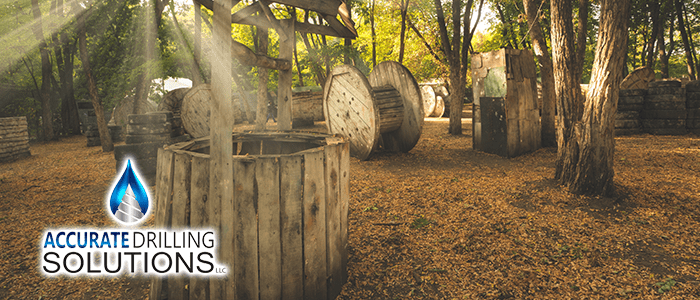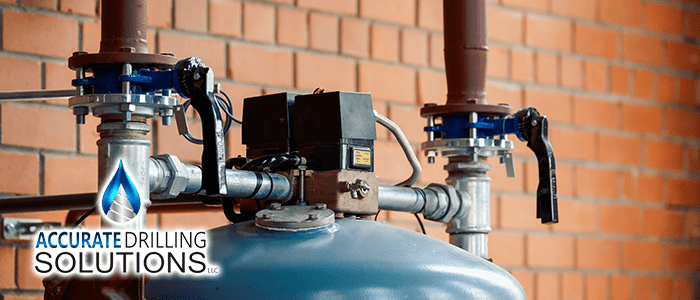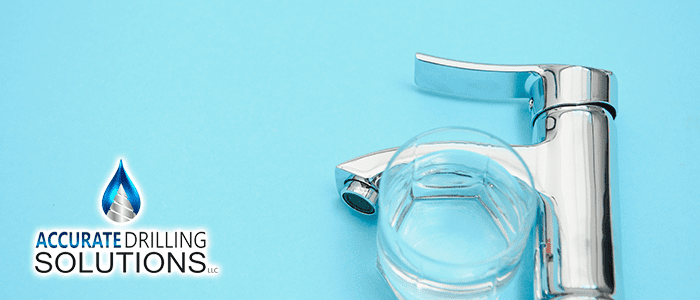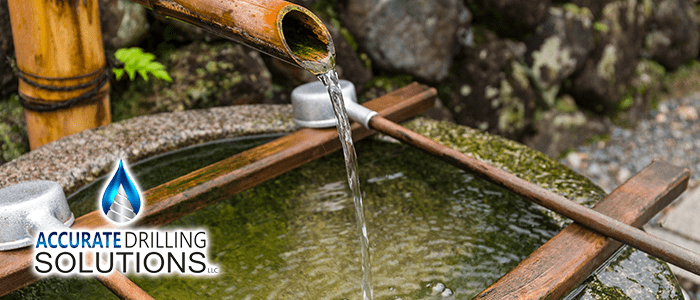
What Happens to an Unused Well
Water is one of if not the most important utility in your home. While people in urban settings can usually rely on city water, families with remote property often rely on a well. In most cases, this well will provide service for all of their needs… Including cooking, cleaning, livestock, and more. Sometimes, however, a family may choose not to use a well anymore. There could be a variety of reasons. Perhaps maintenance has become too costly on an old well. Maybe they decided to go back to city water. It could be that they’re just not at home very often… Or live at a different location. But, again, different families have different needs.
But if you have a well that doesn’t see much use, is it safe to use after long rest periods? In this article, we’ll discuss what happens to unused wells.
Stagnant Well Water
Many homes on the market have been unoccupied for a long time. This is a result of the economic downturn that has shaken the country. Up north, people with summer homes might head back to Florida in the winter and wonder about their well. Does well water go bad? Well, yes – It certainly can. How and why are the important factors here.
Why does well water go bad? Primarily it has to do with contamination. Small amounts of contamination may get filtered by the well’s filter and rapidly cycle out of your well during normal use. For example, say there is a small iron bacteria presence in the well… Regular use and maintenance may be enough for the problem to resolve itself in some cases.
However, in an unused well, the bacteria have time to reproduce and develop themselves as a colony. This can cause damage to the well casing, plumbing, and even the well pump. If these bacteria are present, the water can be brown, yellow, or red – Various rusty colors. It may run like this for a long time before it finally resolves.
Other bacteria present in the soil can enter your well, too. For example, coliform is a common and dangerous contaminant of unused wells. E. Coli is one form of coliform bacteria, but in most areas easier to treat than E. Coli. Shock chlorination will usually treat these either way. In extreme cases, these can be permanent contaminations, however. This may require additional equipment to address.
What to Do When You’ve Been Away
If you leave your well for months or years, it’s important to test the water immediately. A high presence of things like lead or fertilizer usually means a well is unsalvageable. In these cases, the well should be capped. If your well’s contaminants are relatively minor, you can restore them. Shock chlorinate the water after inspection for damage and replace anything broken. This can include pressure tanks, well pumps, or even parts of the casing.
Do You Need Help with An Unused Well?
If you’ve been away from your well for a while or meeting an old well for the first time, give us a call. As you can read on our website, there’s a lot to consider about well ownership. In many cases, you may be able to refurbish an old well and get it working perfectly. If you can’t or don’t want to, Florida law requires the well to be abandoned properly. Accurate Drilling can help you with any part of this process you might be stuck on. Give us a call today and let us know how we can help.
continue reading
Related Posts
Addressing Water Pressure Issues in Wells: Expert Solutions Water pressure
Benefits of Water Filtration Systems for Well Owners in Central
Essential Tips for Conserving Water with Your Private Well Are





